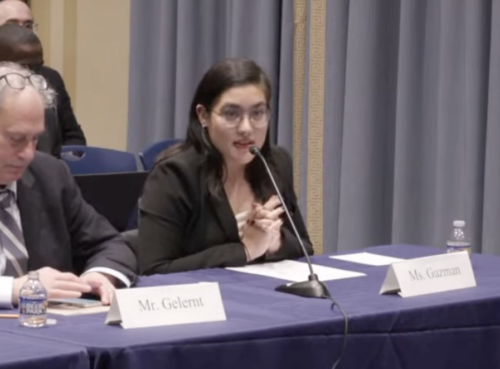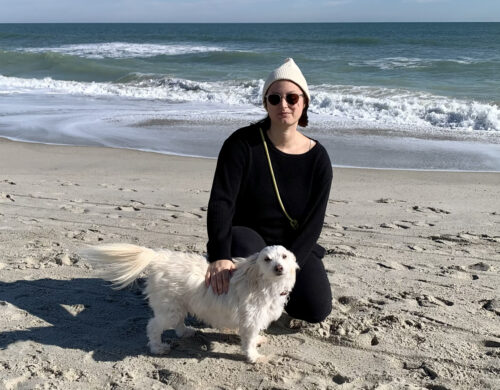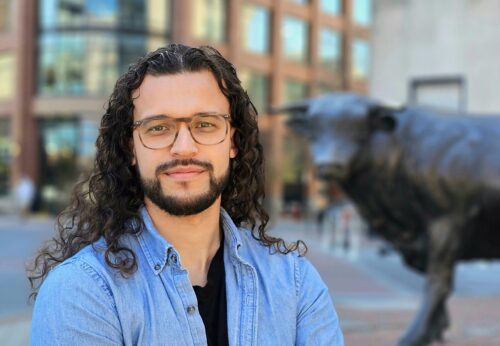Though Teri Galvez grew up in a working-class family in a rural farming community in Modesto, California, her immigrant father worked hard to create a stable family life. “I never grew up feeling less than or being embarrassed of our socioeconomic status,” says Galvez. “I never felt inferior like so many other undocumented immigrants and minority groups today.”
If he’d gotten thrown out, I don’t know what would have happened.
Her Mexican father, who came to build railroads in the 1940s, was allowed to stay in the United States legally after the job finished. That status enabled him to set down roots and secure a job as a mechanic. “If he’d gotten thrown out, I don’t know what would have happened,” says Galvez, 57. She says her family’s security gave her a strong foundation. She was able to attend college and, 20 years ago, start her own consulting business in Washington, DC, that specializes in event planning and helping nonprofits raise money. For this reason, she wants immigration policy to be clear-cut: Either allow undocumented immigrants to live here legally and be able to apply for citizenship, or create a carefully-monitored guest-worker program that allows them to freely go back and forth between the United States and their home countries without secrecy or shame. That kind of worker flexibility would benefit businesses, too, by providing access to labor when needed.
We make it so hard for people to come back and forth.
According to Galvez, it’s a misconception that all immigrants want to stay here permanently. Her own father waited until he was 75 to become a U.S. citizen because he’d hoped to return to Mexico one day as a wealthy man. “Most of the people who come to this country want to stay in Mexico and raise their kids in Mexico,” says Galvez. “We make it so hard for people to come back and forth. They have to rely on coyotes to smuggle them across the border, but if we had a guest- worker program, it would help improve safety, reduce human trafficking, and curb illegal immigration.”
Galvez believes that those who do want to stay in the United States will assimilate quickly if given the opportunities to do so. Her family joined a predominantly white Catholic church, sent her to private Catholic school, and even found money to pay for a modeling course that prepared her to win the title of “Miss Stanislaus County” and compete for “Miss California.”
“I was lucky,” she says. “I made the effort to be included, but I had incredible opportunities, including being a sales manager for several luxury hotels in DC. I never lose sight of the fact that, if my family’s story had been different, I could be cleaning someone else’s room as a housekeeper.” Galvez just wants everyone else to have the same opportunities.



